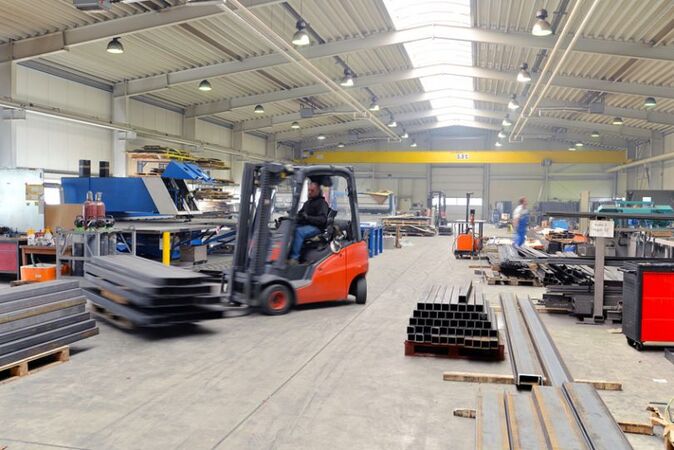Eurometal Insight: Steel derivatives – A hidden threat driving Europe’s deindustrialisation
by David Fleschen

Europe’s steel distributors are sounding the alarm: a surge in imported steel derivatives is eroding the foundations of European industry.
According to EUROMETAL, which represents the continent’s steel distribution, trading, and service centre network, the unchecked inflow of steel-intensive manufactured goods now poses a systemic risk to Europe’s industrial autonomy.
The invisible bypass of EU trade and carbon rules
Steel derivatives — products such as axles, valves, bearings, prefabricated structures, and electrical housings — are often made almost entirely of steel. Yet, by being classified as finished goods, they bypass EU Trade Defense Instruments (TDIs) and the Carbon Border Adjustment Mechanism (CBAM).
These goods are frequently produced in countries with high-carbon, state-subsidised steel industries and enter the EU without carbon pricing, safeguards, or traceability. “This is not fair competition,” EUROMETAL warns. “It is a silent mechanism of deindustrialisation.”
Between 2010 and 2024, imports of steel derivatives into the EU more than doubled to over 8 million tonnes, with explosive growth in automotive parts, machinery components, and prefabricated metal products — in some categories exceeding 200% to 400% increases.
A challenge the U.S. has already addressed
While the United States has extended its Section 232 measures to more than 400 steel derivative products and introduced a ‘Melt & Pour’ origin-tracking rule, the EU still lacks comparable safeguards.
As a result, EUROMETAL warns, exporters are diverting high-carbon steel derivatives from restricted U.S. markets into the EU, taking advantage of regulatory gaps.
Strategic warning for Europe’s policymakers
EUROMETAL’s analysis highlights five urgent risks:
-
Carbon leakage: embedded emissions in imported steel derivatives go unpriced.
-
Industrial erosion: EU fabricators lose orders to cheaper, unregulated imports.
-
Loss of circularity: valuable steel scrap remains outside Europe’s recycling loop.
-
Distorted competition: EU firms face higher costs but shrinking margins.
-
Strategic dependency: Europe’s transformation capacity moves offshore.
“Europe is not just importing finished goods — it is exporting value creation and environmental responsibility,” the association states.
EUROMETAL’s call to action
EUROMETAL urges the European Commission and Member States to act decisively by:
-
Extending CBAM and TDIs to cover steel derivatives with high steel content and import growth;
-
Introducing a mandatory ‘Melt & Pour’ origin rule for all steel-containing imports;
-
Strengthening customs surveillance and data-sharing to detect circumvention;
-
Supporting EU-based processors, service centres, and SMEs in maintaining competitiveness.
“This is no longer a marginal trade issue,” EUROMETAL concludes. “If the EU fails to respond, Europe’s steel-based manufacturing capacity — and millions of industrial jobs — could be lost for good.”
Source: Eurometal, Photo: Fotolia

